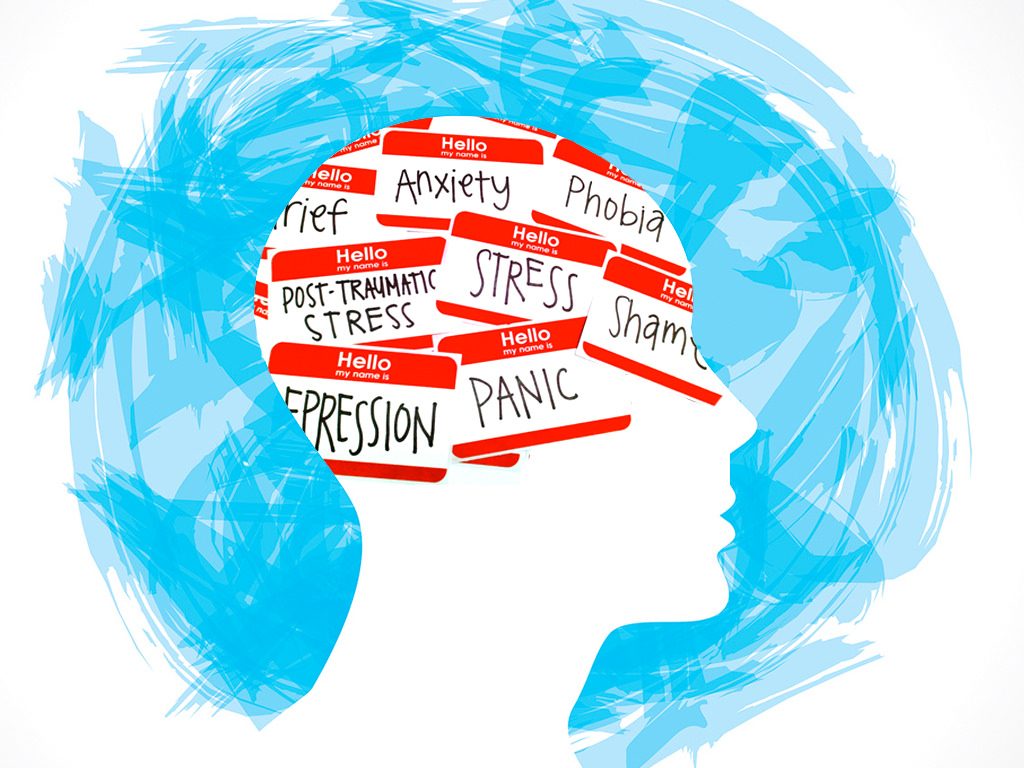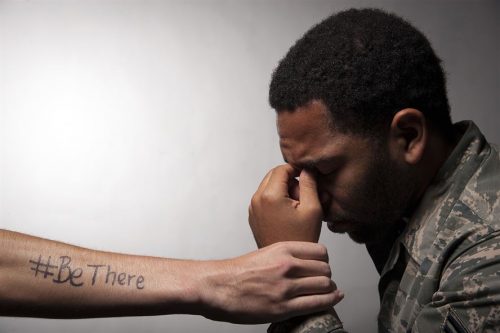
Source: flickr.com
Your mental condition matters, and as much as possible, you want to get the best help you can get from someone who knows what to do. Since your primary focus is to get the kind of overall development you need, it creates a boundary between a therapist’s approach and knowledge. So if you are currently seeing a counseling professional, it would be a great help to know if he is the right one for you.
Comfortability
• If you feel that your therapist is on the same page as you and is trustworthy, it merely goes back to the idea of connection. When you and your therapist create an impact on each other whenever you approach a conversation, you build a sense of satisfaction. It gives you a therapeutic relationship feeling such as liking the person, feeling comfortable in spending time with him, and staying positive when you’re near him. It gives you this idea that both of you can work together. “The foundation of therapy is based on the relationship you build with your therapist. When seeking someone out it’s important you feel comfortable with them.” That’s what Elana Schechtman-Gil LMFT often says.
• On the other hand, when you are feeling a bit nervous or shy even if you already have a couple of sessions with your therapist, maybe that’s perhaps you don’t feel the connection between the two of you. It would better to lay low and search for someone who will make you feel at ease and comfortable enough to share your mental and emotional dilemma.
Healthy Boundaries
• You might have a chance to know that you are with a good therapist if he understands the importance of a healthy boundary. It is when he creates a framework that works only for your benefit. He doesn’t allow any external distractions to get to you and he doesn’t bring his problems inside the session. He solely focuses on you and you alone. The goal is to keep you safe and healthy at all costs. It will give you the urge to thrive in getting better because your therapist aims for it as well. According to Chris Oneth LMFT “Connecting with a therapist can help you get through the “groundhog day” of never-ending cycles where you feel continually defeated.”
• However, when your therapist allows distraction and inserts some of his personal experience and emotional concern, then it is much better to seek for someone else. You need to understand that you already have tons of psychological factors in your head and you don’t want any additional disturbance.
Communication
• Your therapist should be a clear communicator. He needs to communicate to you directly to be able to have a conversation about the healthy boundaries you and he must have. He should be able to cultivate the exact environment you need to express your thoughts and ideas freely. He should allow you to open up about your current struggle in your life and make an attachable communication about what needs to be done.
• If you’re dealing with a health professional that doesn’t seem to allow you to talk or only focuses on the intervention itself and not on your current state, then you might as well make a decision to look for another therapist that knows how communication works. “A good therapist should be open and willing to understand your concerns. If your counselor doesn’t take your concerns seriously or is unwilling to accept feedback, then it’s probably in your best interest to consult with another therapist about it.” A reminder from Noah Rubinstein, LMFT, LMHC

Source: defense.gov
Your therapist is not only responsible for clearing your thoughts and addressing your mental issues, but they have to be committed to bringing out the best in you. So if you think that that quality listed above describes your health professional, then you are entirely in good hands.